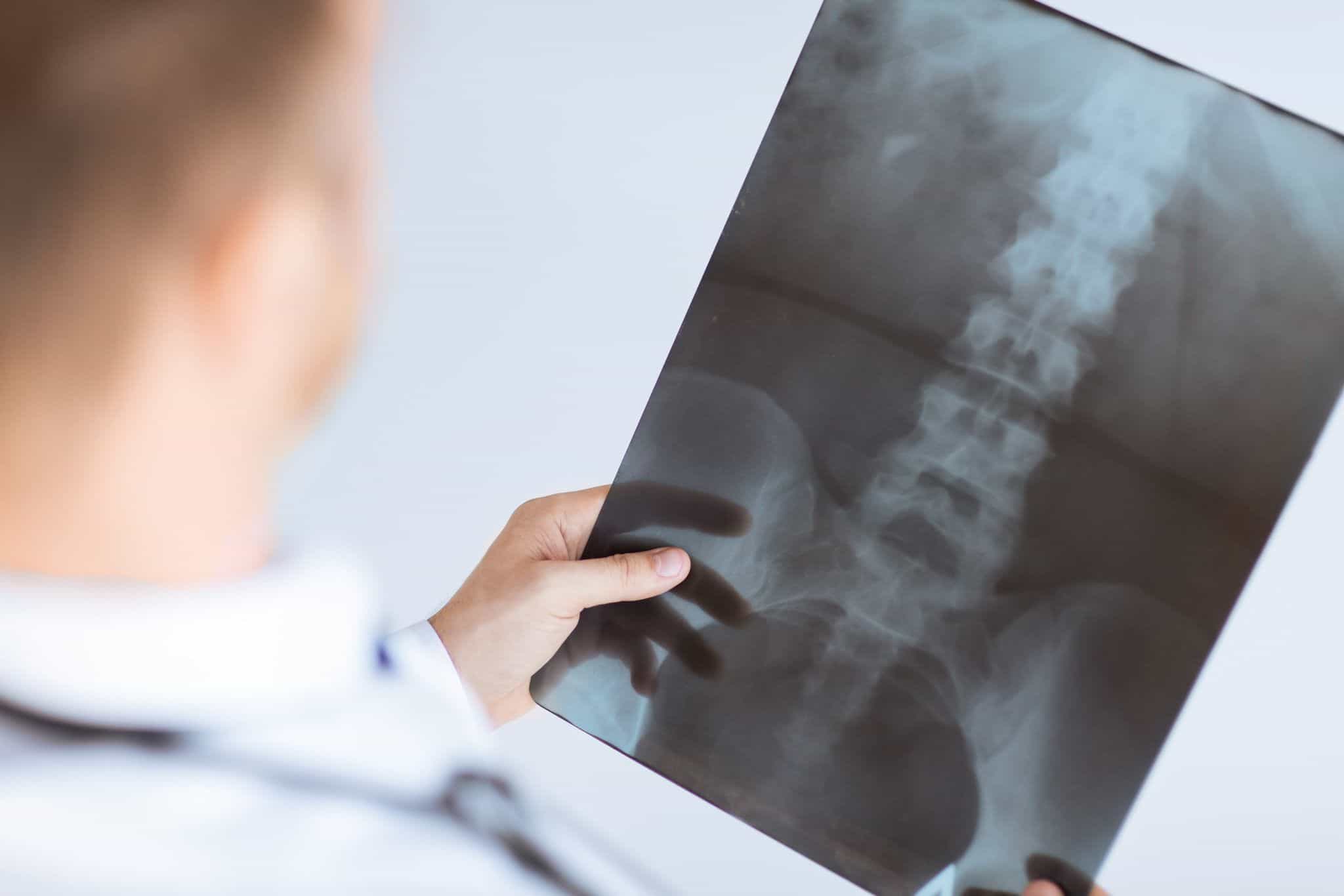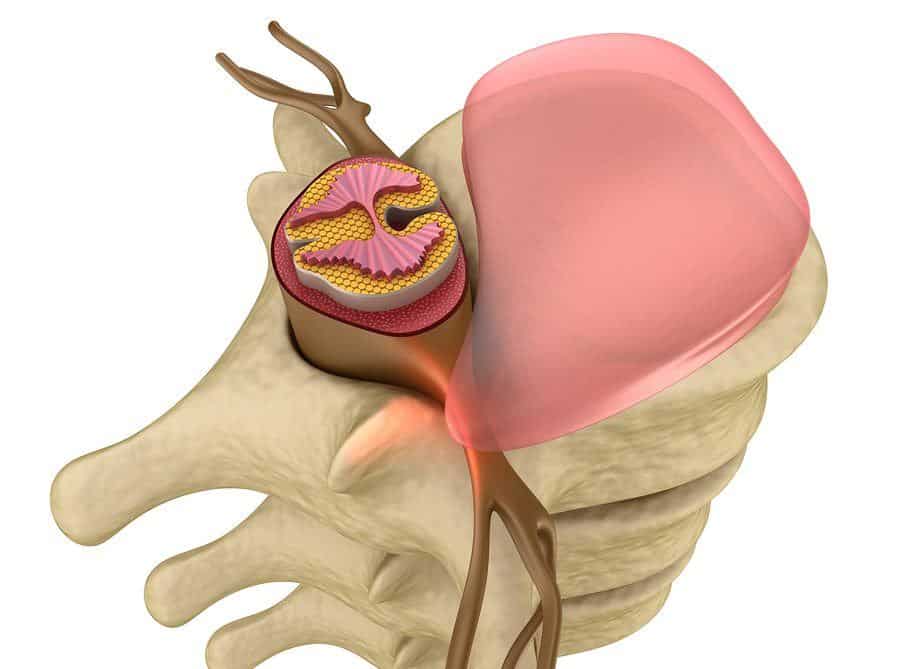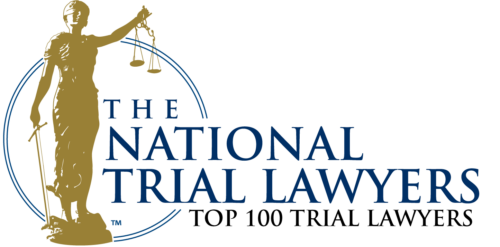At approximately 9:00 P.M. on the night of May 12, 2015, all seven cars of the Amtrak Northeast Regional Train 188 derailed near Frankford Junction, around the 2000 block of Wheatsheaf Lane in the Port Richmond area of North Philadelphia. While details about the accident are still emerging, at the time of this writing media sources are reporting upwards of 200 Amtrak accident injuries in addition to at least seven fatalities.
Some of the passengers who were aboard Train 188 are currently being reported as missing. The identities of the seven Train 188 wrongful death victims are beginning to publicly emerge, with two of the victims identified as Jim Gaines and Justin Zemser. Our thoughts and prayers go out to their friends and families during this time of national mourning.
If you’re looking for information about a missing loved one, call the Amtrak emergency hotline at (215) 709-6940. We offer our sincerest condolences to everyone who has been affected by this horrible event. We will continue to post information about this tragedy as more details come to light.

UPDATE: Accident Investigators: Amtrak Train 188 Speeding When it Crashed and Derailed
The National Transportation Safety Board (NTSB) is currently investigating the Amtrak Train 188 crash site, which Mayor Nutter described as “an absolute disastrous mess.” Philadelphia Fire Department Deputy Commissioner Jesse Wilson was stunned by the extent of the damage, stating he had “never seen anything so devastating” and adding that the trains were “in pretty bad shape.”
Commissioner Wilson stated, “You can see that they’re completely, completely derailed from the track. They’ve been destroyed completely. The aluminum shell has been destroyed and they’ve been overturned completely.”
While Mayor Nutter has declined to publicly speculate as to the causes of this devastating accident, this is not the first time a serious rail tragedy has occurred specifically at Frankford Junction. A previous wreck near the junction in 1943 claimed 79 lives and caused an additional 117 injuries.
The speed limit for navigating Frankford Junction’s treacherous curve is 50 MPH, although contemporary Amtrak trains can reach double that speed. Some can reach speeds as great as 150 MPH.
The NTSB has yet to formally announce the cause or causes of this devastating accident, and it is not presently known if the underlying issue involved a physical defect with the track or train, a malfunction with computer systems, and/or human error by the train operator or other Amtrak personnel.
UPDATE: Black box data taken from the wreckage has confirmed Train 188 was traveling at speeds exceeding 100 MPH at the time of the derailment.

Levels of Spinal Cord Injuries (SCI): Paralysis and Medical Effects
Injured survivors were immediately transported to nearby hospitals including Jefferson University Hospital, Temple University Hospital, the Albert Einstein Medical Center, Hahnemann University Hospital, and Aria Health – Frankford. The injuries reported range from minor bruising and lacerations to life-threatening catastrophic injuries, with at least six survivors currently listed as being in critical condition.
Spinal cord injuries (SCI) are, unfortunately, a common result of car accidents, truck accidents, and other types of accidents involving high speeds and large amounts of force. As our train accident lawyers have witnessed firsthand, train crashes like the Philadelphia Amtrak disaster frequently result in bone fractures as well as SCI and other injuries to the spinal cord and spinal column.
Spinal cord injuries often cause paralysis. The extent of paralysis is determined by where on the spinal cord the injury occurs. The higher the injury, the greater degree of paralysis results. Doctors divide SCI into different levels as follows:
- High-Cervical Nerves (C1 – C4 ) – These are the most severe SCI cases. Paralysis can affect the arms, hands, legs, and torso below the neck, which is called quadriplegia or tetraplegia.
- Low-Cervical Nerves (C5 – C8) – These nerves control arm and hand movements. Breathing may be difficult depending on which nerves are injured.
- Thoracic Nerves (T1 – T5) – Thoracic nerves are found in the middle of the back. They control muscles in the chest, abdomen, stomach, and legs. Thoracic injuries can cause paralysis from the waist down, or paraplegia.
- Thoracic Nerves (T6 – T12) – Victims may be unable to walk or may need special braces to walk if these nerves are damaged.
- Lumbar Nerves (L1 – L5) – These nerves are located in the lower back. Injury may result in compromised ability to walk and weakened or paralyzed leg muscles.
- Sacral Nerves (S1 – S5) – Many people who suffer sacral nerve injuries retain the ability to walk, but have difficulties with urinary incontinence and reduced leg and hip function.
If one of your loved ones suffered a spinal cord injury in the Train 188 derailment, the Philadelphia Amtrak crash attorneys of The Reiff Law Firm are here to help support you. You may be entitled to compensation for your pain, suffering, medical bills, and other financial losses. We know that no financial award can turn back the hands of time, but compensation can help to cover your expenses, keep you more comfortable, and give you peace of mind that someone is being held accountable for this abhorrent tragedy.
Even if you are not quite sure whether you need help from a personal injury lawyer, we invite you to call our law offices for information and support. Our phones are open 24 hours a day, seven days a week. Please do not hesitate to contact us at any hour of the day or evening. Your legal consultation is completely free of charge, and we will keep your information private. We urge you to call us at (215) 709-6940 to learn more about how our legal team can help you through this difficult time.















